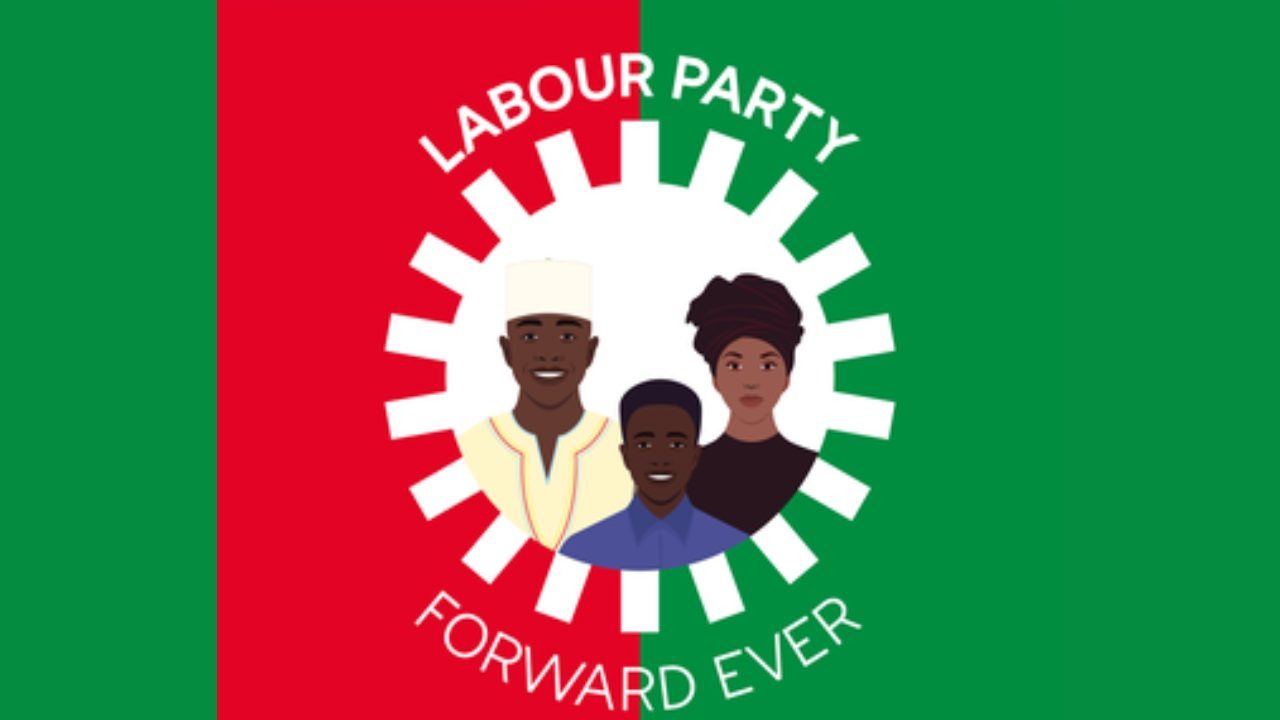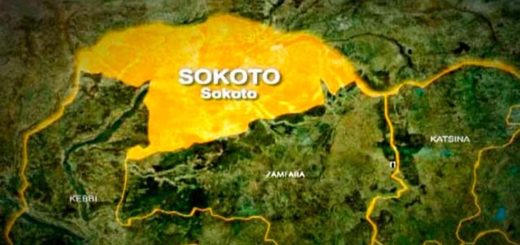Labour Party attributes food stampedes to Nigeria’s hunger epidemic
 The Labour Party has described recent food stampedes that claimed the lives of over 65 Nigerians as a reflection of the worsening hunger crisis in the country.
The Labour Party has described recent food stampedes that claimed the lives of over 65 Nigerians as a reflection of the worsening hunger crisis in the country.
National Secretary of the Labour Party, Alhaji Umar Farouk, made this assertion in Abuja, expressing the party’s dismay over the tragic incidents in Oyo, Anambra, and the Federal Capital Territory (FCT).
Farouk highlighted the stampedes, including the deaths of about 40 children during a carnival in Ibadan, 20 people in Okija, and more than 10 individuals at a food distribution in the FCT.
“These unfortunate incidents occurred during events meant to alleviate the suffering of vulnerable Nigerians—whether organized by religious institutions, philanthropists, or traditional rulers. The common denominator is the undeniable hunger in the land,” he said.
Farouk cited grim statistics to emphasize the depth of the crisis.
The World Bank estimated Nigeria’s poverty rate at 38.9% in 2023, with 87 million people living below the poverty line.
By 2024, this figure had risen to 40.7%, making Nigeria home to the world’s second-largest population of poor people after India.
Farouk added, “It is poverty that drives citizens to dangerous acts like scooping fuel from accident scenes, resulting in tragic infernos. Hunger is the underlying cause of many of these preventable deaths.”
The Labour Party scribe also referenced data from the National Bureau of Statistics, which revealed that more than two million people were kidnapped in the last year, with $1.42 billion paid in ransoms.
Farouk criticized the economic policies of the Tinubu administration, describing them as exacerbating inflation and hardship. He called for a re-evaluation of government priorities, emphasizing the need to focus on food production and economic reforms that alleviate poverty.
“We had warned during the 2023 elections that failing to shift from a consumption-based economy to a production-driven model would lead to economic jeopardy,” he noted.
Farouk urged the government to prioritize food production in its 2025 agenda, citing the untapped potential of over 70% of Nigeria’s arable land and the underutilized aquatic economy.
“Protecting lives and property is a cardinal duty of any government. Yet, Nigerians are dying—either at the hands of kidnappers or while struggling to survive due to hunger. The government must act decisively to address this crisis,” he concluded.
The Labour Party reiterated its commitment to advocating for policies that prioritize the welfare of Nigerians, urging the government to take immediate steps to tackle the hunger epidemic and its devastating effects.













